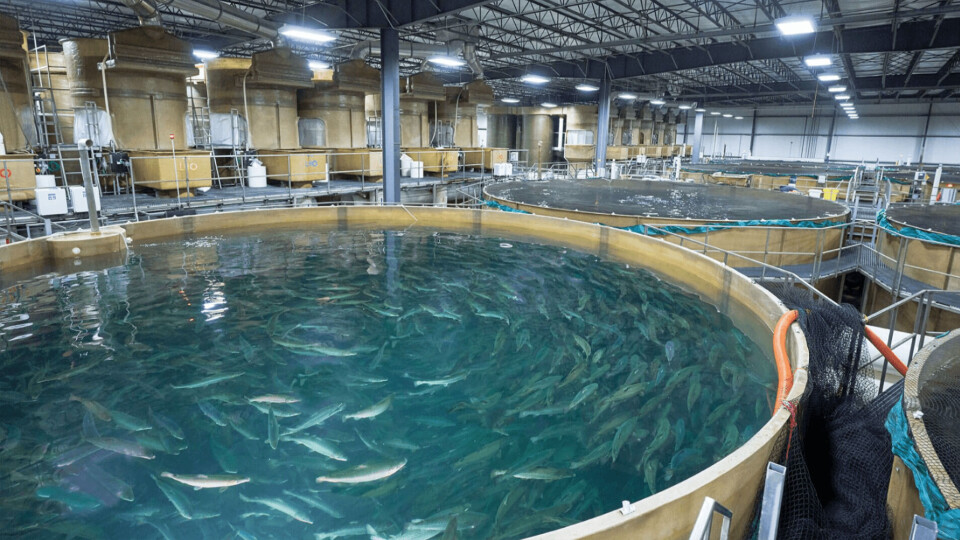
AquaBounty commits to ESG reporting
Transgenic-salmon farmer AquaBounty Technologies today announced the launch of an environmental, social and governance (ESG) reporting initiative. ESG reporting helps investors avoid companies that might pose a greater financial risk due to their environmental performance or other social or governmental practices.
Massachusetts-headquartered AquaBounty has engaged independent investor relations and ESG advisory group MZ Group, to conduct its ESG assessment, develop an ESG reporting strategy and carry out reporting in line with selected sustainability accounting principles.
AquaBounty has chosen the Sustainability Accounting Standards Board (SASB) as its primary reporting standard and will make a voluntary commitment to support the United Nations’ Sustainable Development Goals.
In future years, AquaBounty will seek to add reporting figures for Global Reporting Initiative (GRI) and Task Force on Climate-Related Financial Disclosures (TCFD), in addition to its ESG reporting to SASB standards.

Sustainability
“The very essence of AquaBounty’s mission is to contribute to the sustainability of our planet, relieve pressure on the oceans and provide nations with healthy, antibiotic-free and disease-free affordable fish protein,” said the company’s chief executive, Sylvia Wulf.
“While we have always conducted business as a good neighbour, working to give back to the local communities in which we operate, we are excited to add material ESG aspects into our corporate strategy and Key Performance Indicators (KPIs). We believe such integrated reporting will play an instrumental role in enhancing our profitability and risk oversight going forward.”
First report this year
AquaBounty’s chief financial officer, David Frank, said: “We will implement changes to our decision-making process over the next 3-5 years to include most material aspects of ESG reporting - setting up the methodology for proper tracking and analysis of identified metrics.
“I am pleased that our board, management and other stakeholders are backing our ESG reporting initiative and I look forward to sharing our first report with the market later this year.”
AquaBounty’s Atlantic salmon are descended from fish that had a growth hormone-regulating gene replaced with one from a Chinook salmon, along with a promoter from an ocean pout.
More efficient farming
The fish are grown in a recirculating aquaculture system (RAS) and can reach harvest size in just 16-18 months instead of three years, which means that less energy is required to grow them and the volume of feed consumed is smaller. AquaBounty says the fish also have a better feed conversion ratio.
AquaBounty’s salmon have been approved for sale in Canada and the US after years of delays and are now on sale in North America. The company has ambitions to expand production in the US, and to expand into South America, Israel and China in conjunction with local actors.























































